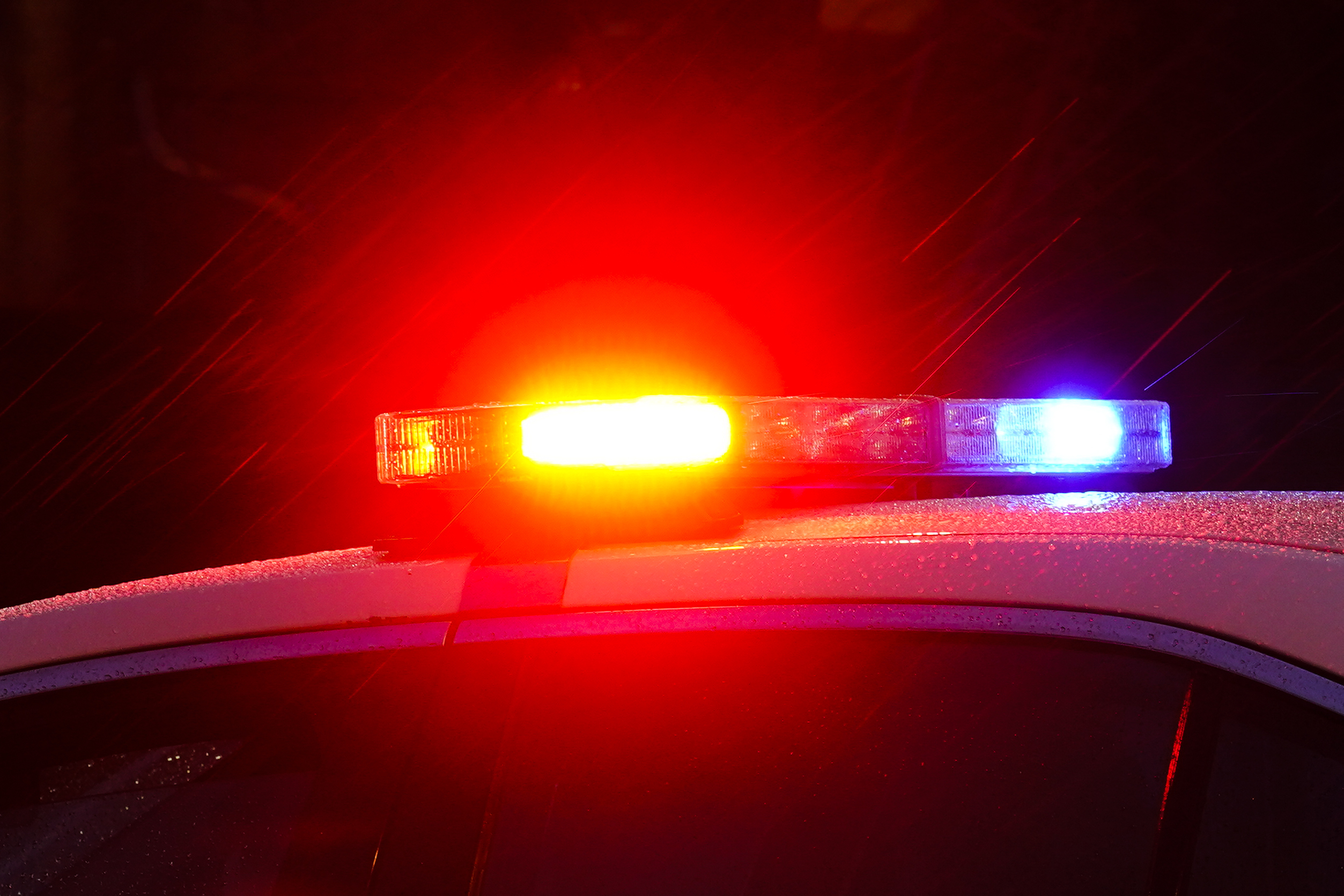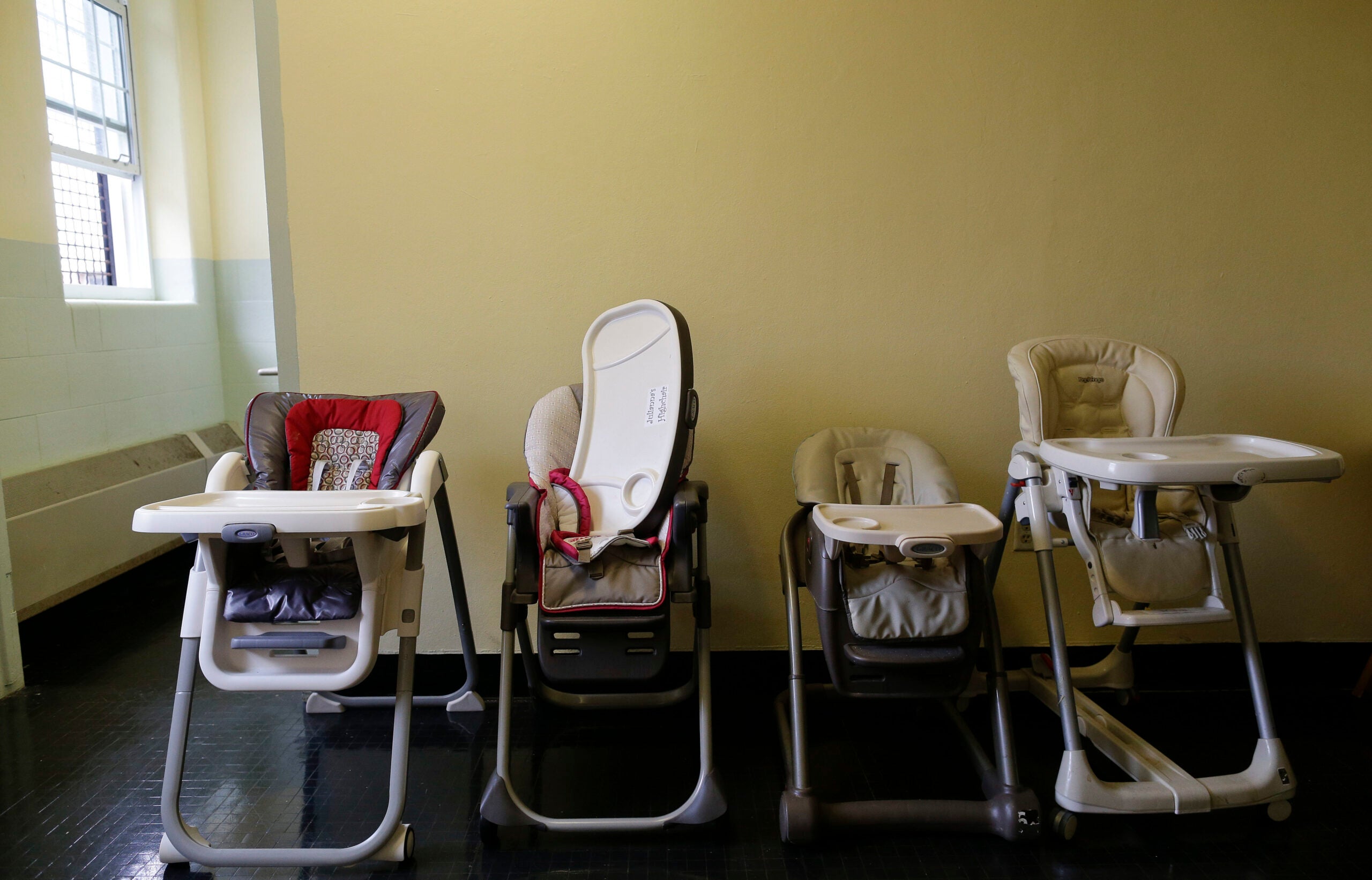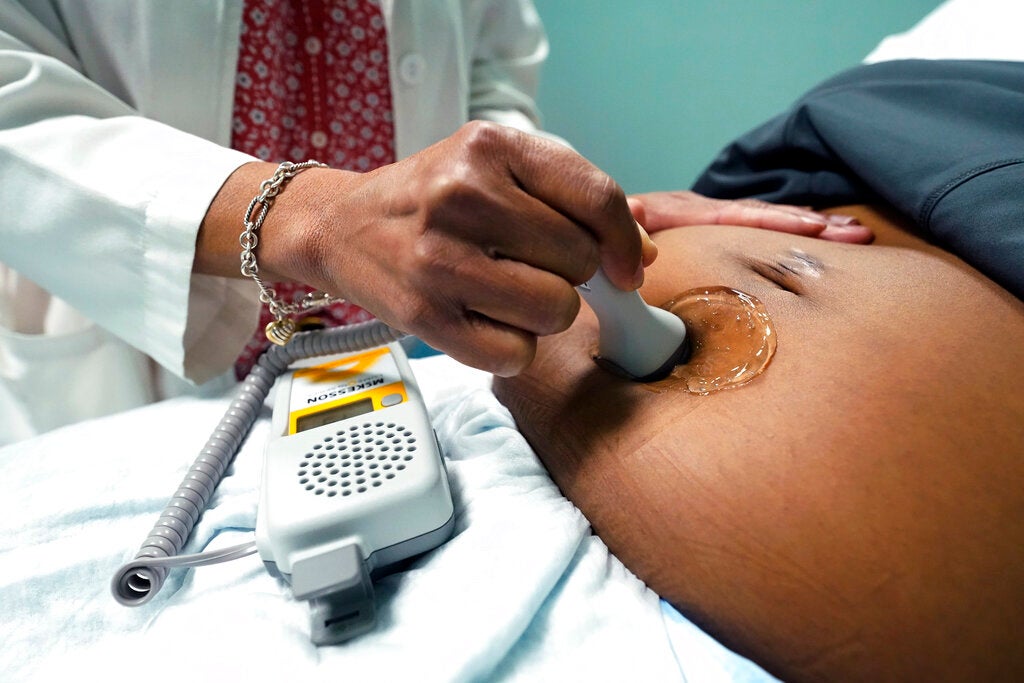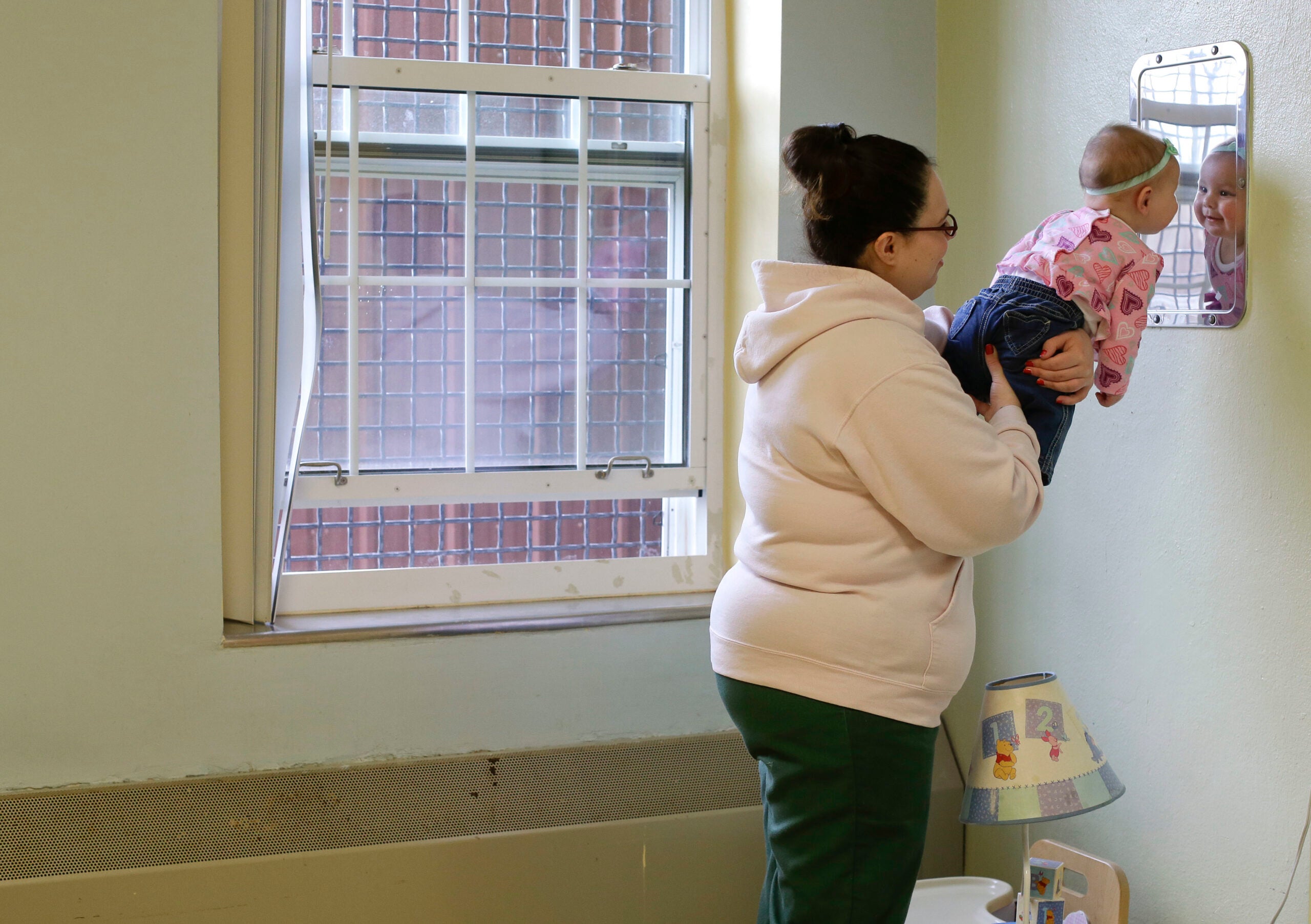A group opposed to Wisconsin’s so-called “Cocaine Mom” law is taking the fight outside the courtroom in hopes of gaining ground in the court of public opinion.
A new national group called Reproaction is planning informational pickets, a social media campaign and educational forums across Wisconsin in the coming months to push back against a law designed to protect a developing fetus from a mother’s alcohol or drug use.
Last year a federal judge found Wisconsin’s Unborn Child Protection Act, enacted in 1998, unconstitutional. The law allows the state to detain adult pregnant women suspected of abusing drugs and is meant to protect developing fetuses.
Stay informed on the latest news
Sign up for WPR’s email newsletter.
Wisconsin Attorney General Brad Schimel appealed the judge’s ruling and the U.S. Supreme Court later ruled Wisconsin can continue to enforce the law.
The case involves Tammy Loertscher, who was jailed in Taylor County for nearly 20 days in 2014 while pregnant after testing positive for methamphetamine and refusing to enter drug treatment. She had told her doctor she stopped using drugs. She was tested weekly during her entire pregnancy. One of the attorneys involved in her case said all of those tests were negative.
“This law only harms woman and children,” said Nancy Rosenbloom an attorney with National Advocates for Pregnant Women which was involved in Loertscher case. Rosenbloom notes medical and public health groups oppose the law because it discourages women who are pregnant and struggling with addiction from seeking prenatal care or other forms of health care, such as treatment for drug and alcohol addiction.
Through groups like Reproaction, the law’s opponents are starting a #WIFights292 campaign, named after Act 292, or Wisconsin’s Unborn Child Protection Act.
“We’ll do this in a few ways such as educational forums where people can learn the impact Act 292 is having on their community, also informational pickets, and speaking to groups across Wisconsin so the public knows exactly what’s at stake, who is at risk and how to fight back against law,” said Nataley Neuman, Wisconsin organizer for Reproaction.
The American College of Obstetricians and Gynecologists, American Society of Addiction Medicine and American Public Health Association previously filed a brief opposing the law.
The law is set up to be confidential; the proceedings are secret because they are part of Wisconsin children’s code. So Rosenbloom said it’s hard for the public to know exactly how many cases there are. She said through their litigation they discovered more than 3,300 cases alleging what is called unborn child abuse in Wisconsin. Almost 500 were substantiated for child maltreatment, meaning that further action was taken against women.
Critics of the law say its language is vague and some pregnant women who aren’t using harmful substances are forced into treatment.
“Nobody could know who comes under it, especially those enforcing it. In fact the state says it only applies to women using drugs to a severe degree and are going to harm their babies — which is not proven by any science — the state says that, but in fact the people subjected to the law, some of them were not using at all but had a history in the past of drug use,” said Rosenbloom.
Supporters of the law are skeptical of the claims that the law is too broad and ineffective.
“I have not heard anything that would make me think that law enforcement is abusing or misusing this law, especially with this incredible increase in drug use with the opioid crisis, there’s just so much risk right now,” said Julaine Appling, president of Wisconsin Family Action.
Those on the other side of Reproaction say they will counter the message with their own.
“It’s an election year and I see these things happening in so many different areas. This is an attempt to get people riled up,” said Appling.
Loertscher no longer lives in Wisconsin; Rosenbloom said she and her 3-year-old son live out of state.
Wisconsin Public Radio, © Copyright 2025, Board of Regents of the University of Wisconsin System and Wisconsin Educational Communications Board.





